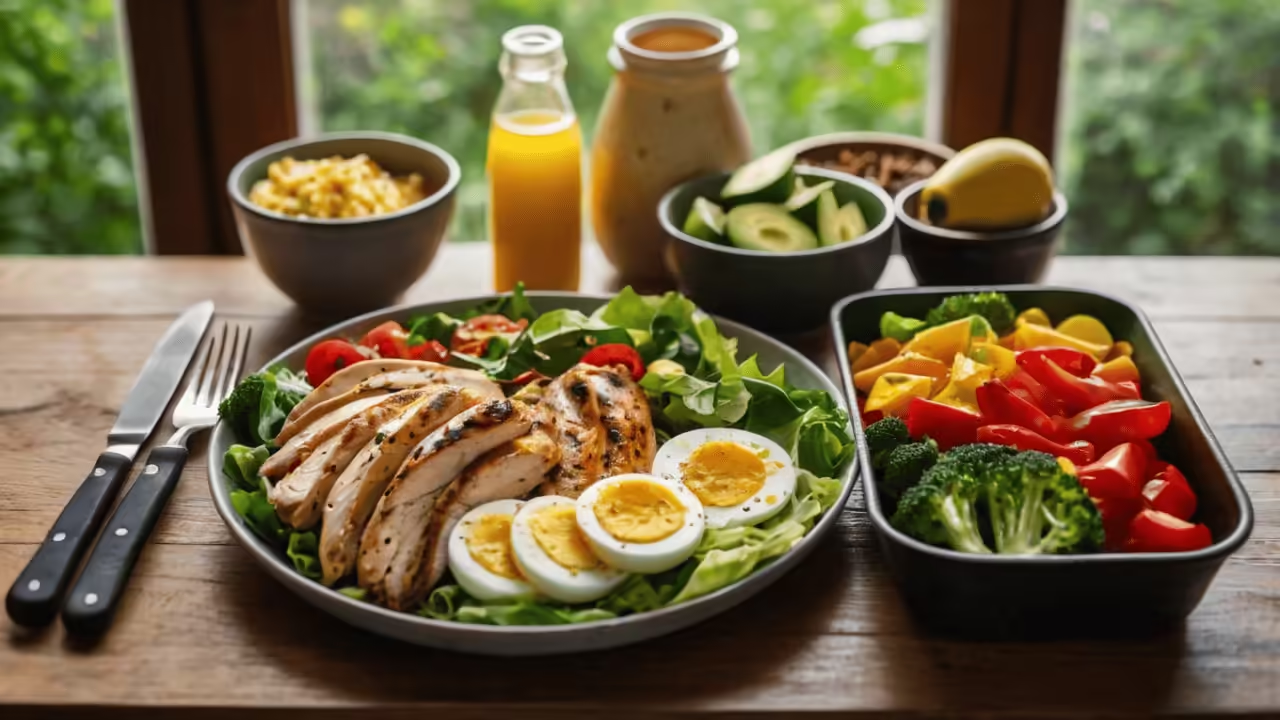Weight Loss Motivation Tips: Stay Inspired and Achieve Your Goals
Weight Loss Motivation Tips: Stay Inspired and Achieve Your Goals Why is motivation important for weight loss success? It is crucial to make sure that your mindset is driven and motivated in order to achieve successful weight loss outcomes. Weight loss motivation tips can be of great use to help push you forward even in






